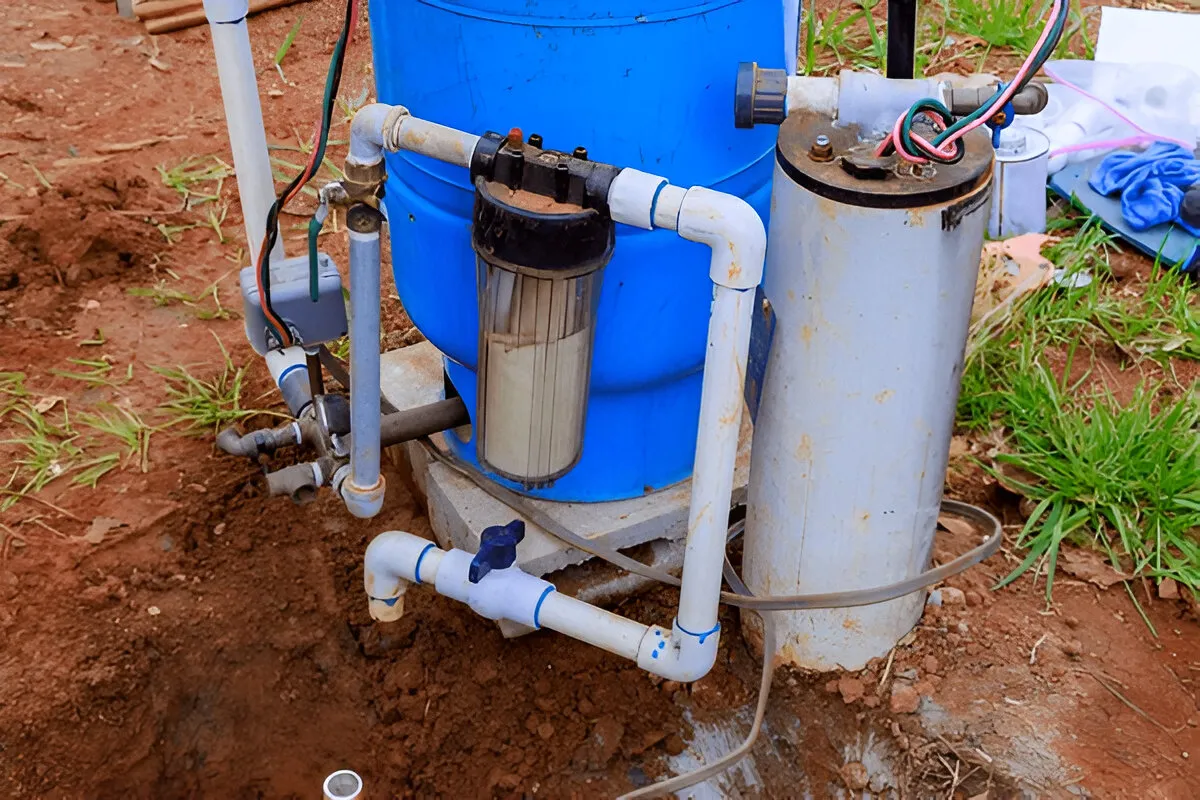Table of Contents
Key Takeaways:
- Modular homes offer a cost-effective solution to traditional construction methods.
- These homes are being recognized for their sustainability and energy efficiency.
- Modular homes can adapt to diverse environments and design preferences.
- Advancements in technology are enhancing the modular home industry.
What Are Modular Homes?
Modular homes are innovative housing solutions made from prefabricated sections called modules. Constructed in a factory to ensure precision, these homes are efficiently assembled on-site. Unlike traditional homes, modular designs offer extensive customization options, appealing to modern homeowners’ diverse tastes. Companies like Kopper Creek lead this movement, combining traditional craftsmanship with modern technology to create affordable, elegant homes that balance aesthetic appeal and functional design.
A Cost-Effective Solution
The affordability of modular homes is perhaps their most compelling feature, significantly impacting the housing landscape. On average, building a modular home costs 10-20% less than building a traditional house. This affordability is mainly due to the controlled factory environment where these homes are constructed. The factory setting entails a streamlined process with fewer material redundancies and optimal labor deployment, marking a stark contrast to on-site construction that is prone to delays and additional expenses due to weather and other unforeseen variables. Efficient production schedules and bulk purchasing of materials contribute to a reduction in overall construction costs, making homeownership a more achievable dream for many.
The Sustainability Factor
Another significant advantage of modular homes is their sustainability. By reusing and recycling materials that standard construction would throw away, this technique minimizes waste. This eco-friendly approach aligns seamlessly with modern green building practices. Furthermore, modular homes are designed to be remarkably energy-efficient. It has many features like superior insulation, energy-efficient heating and cooling systems, and even options for solar panel integration. Collectively, these characteristics help to reduce energy use and electricity expenditures.
Adaptability and Versatility
The adaptability and versatility of modular homes set them apart in the housing market. These homes can be designed to seamlessly blend with urban environments or stand out in picturesque rural settings, demonstrating impressive adaptability. Externally, they can mimic traditional designs or embrace contemporary styles, depending on the owner’s vision. This versatility continues inside, where furnishings may be designed to suit the residents’ individual likes and lifestyles. Whether incorporating high ceilings, open floor plans, or bespoke features, the modular approach allows for extensive personalization, enabling homeowners to design their ideal living space without compromise.
Emerging Technologies in Modular Home Construction
The modular home industry is growing rapidly due to advancements in technology like 3D printing and virtual reality modeling. These innovations enhance construction precision, speed, and quality while reducing costs and expanding design possibilities. For example, 3D printing facilitates the creation of complex components, and virtual reality allows homeowners to tour custom homes before they’re built.
Also Read: The Benefits of Exclusive Rehab Facilities for Overcoming Addiction
A Look Into the Future
With the ever-growing demand for affordable housing solutions, modular homes are poised to play an increasingly crucial role in the future of real estate. As urbanization intensifies and populations swell, housing shortages become more dire. Modular houses provide a practical and innovative alternative for sustainable and accessible housing without sacrificing quality or style. They represent a forward-thinking approach to urban planning and community development, equipped to meet the needs of diverse populations with varied housing requirements.
Final Thoughts
The modular home industry is at the cusp of a new era in home construction. Modular homes are a game-changer in the housing sector since they are economical, environmentally friendly, and adaptable. The ability to provide quality housing at a lower cost, with quicker build times and greener methods, makes modular construction a promising alternative to traditional homebuilding. As these trends continue, the modular home industry is set to redefine our understanding of homeownership, providing opportunities for comfortable, environmentally responsible living to an expanded audience.




